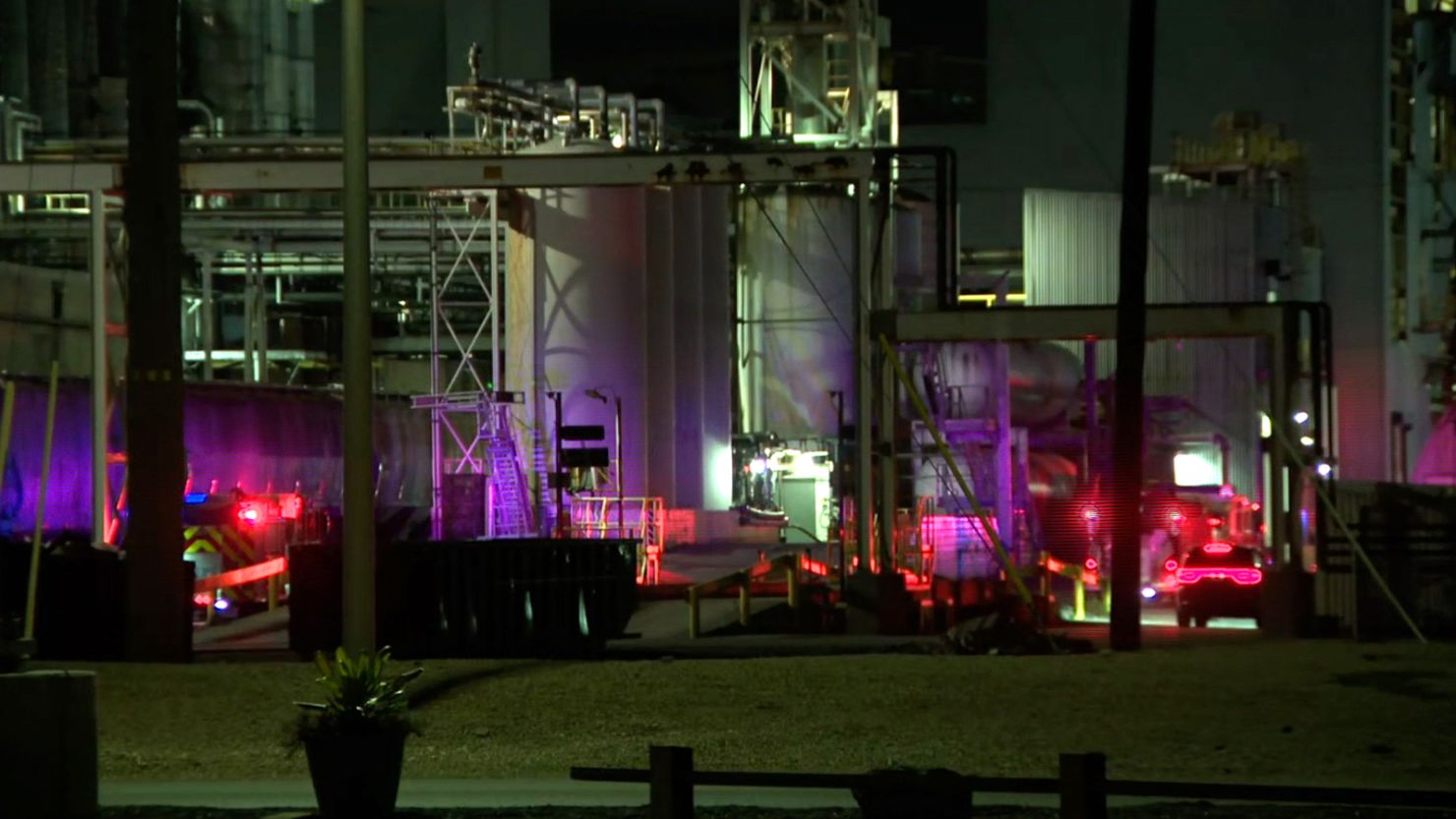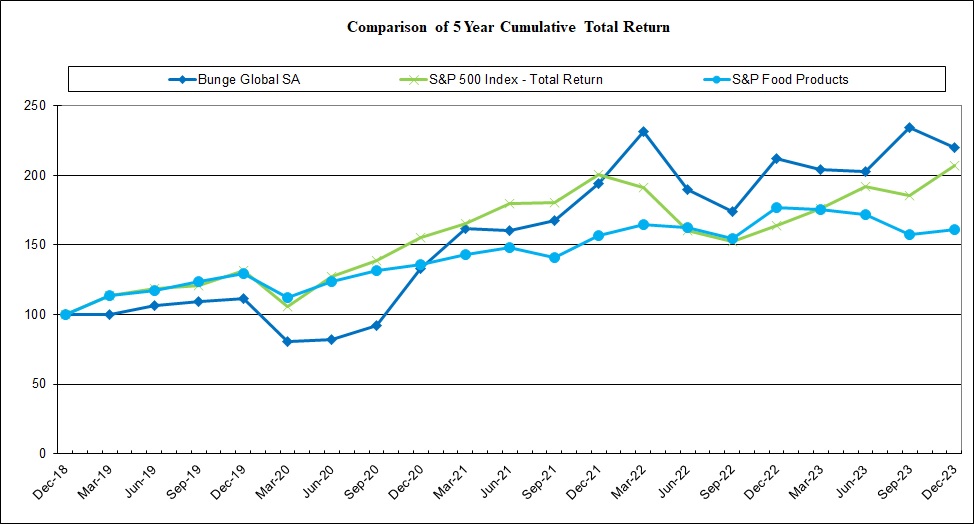Trade War Hits Agricultural Giants Hard
In a staggering display of economic fallout, President Trump’s tariffs are wreaking havoc on the U.S. agricultural landscape. Major players like Archer-Daniels-Midland Co. and Bunge Global SA have reported a combined $750 million drop in operating profits just in the first quarter. This isn’t just a number; it represents the livelihood of countless American farmers and the backbone of our agricultural economy.
Farmers Face Unprecedented Uncertainty
With tariffs looming over them, farmers are caught in a maelstrom of uncertainty. As reported by Congressional Research Service, the retaliatory tariffs imposed by trading partners have forced U.S. farmers to rethink their strategies drastically. The once steady grain flows have now slowed to a trickle, with importers postponing purchases of U.S. grains and oilseeds. William Krueger, CEO of the Andersons, noted how “global trade uncertainties disrupted typical grain flows,” forcing businesses to rely on just-in-time purchasing, a risky strategy that could backfire at any moment.

Visit NIFA | NIFA
Equipment Manufacturers Feeling the Squeeze
The consequences of the tariffs extend beyond crops to the very machinery that farmers depend on. Tractor manufacturers like CNH Industrial NV and AGCO Corp. are reporting lower sales and a dimming outlook for demand. AGCO CEO Eric Hansotia shared that geopolitical uncertainties have severely dampened U.S. farmer sentiment, leading to a decline in machinery purchases. The cycle of uncertainty feeds itself, as farmers facing diminished returns are less likely to invest in new equipment they desperately need.
Fertilizer and Pesticide Costs Skyrocket
As the agricultural sector braces for impact, the costs of essential supplies are also on the rise. Fertilizer shipments are down, and pesticide prices are set to increase significantly. According to the Senate Agriculture Committee, farmers can expect fertilizer costs to surge by 7.5%, with generic ingredients potentially even higher. The dependence on tariff-affected countries like China and India for these supplies means that farmers are left with no choice but to absorb these costs, which will ultimately be passed down to consumers.

Explosion at processing plant in Decatur, Illinois, leaves 8 ...
Brazil Emerges as a Trade Beneficiary
While U.S. farmers struggle under the weight of tariffs, Brazil is reaping the benefits. As reported by USDA, the trade tensions have propelled Brazilian beef exports to China and shifted Chinese soybean demands away from the U.S. This transition not only threatens the profitability of American farmers but also bolsters the position of Brazilian growers, creating a scenario where U.S. agriculture loses ground on the global stage.
Implications for U.S. Foreign Policy
The ramifications of these trade policies extend well beyond the farm. The U.S. has long positioned itself as a reliable supplier in global markets, an image now tarnished by erratic trade practices. The Biden administration will have to grapple with the fallout as it seeks to rebuild relationships with key partners and restore credibility in international agricultural trade. The stakes are high, as the U.S. risks losing its foothold in critical markets, particularly in Asia, where countries like China and India are re-evaluating their trade relationships.

Bunge Global SA - 10K - Annual Report - February 22, 2024







![[Video] Gunfire between Iraqi security forces and Sadr militias in Baghdad](/_next/image?url=%2Fapi%2Fimage%2Fthumbnails%2Fthumbnail-1768343508874-4redb-thumbnail.jpg&w=3840&q=75)
